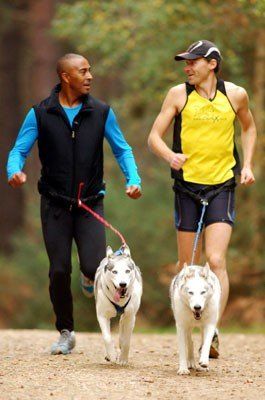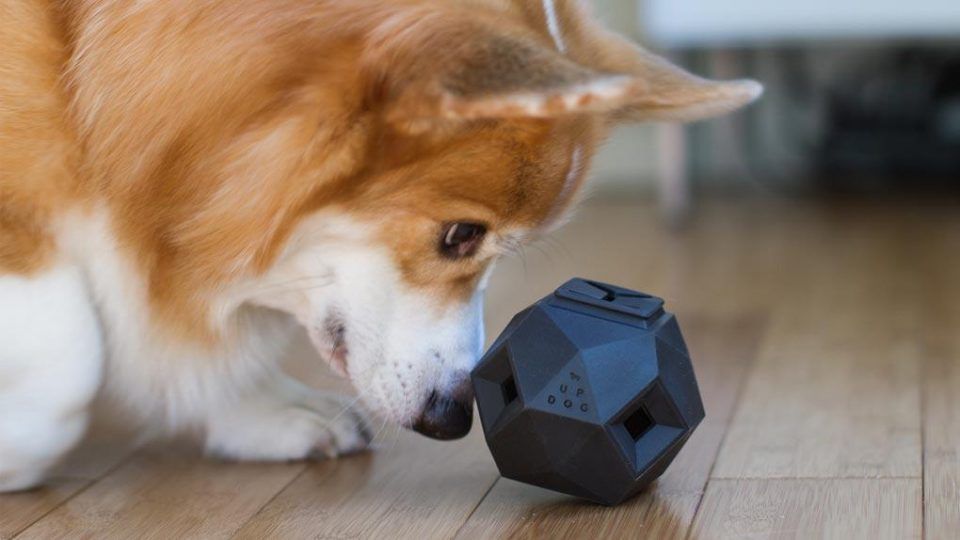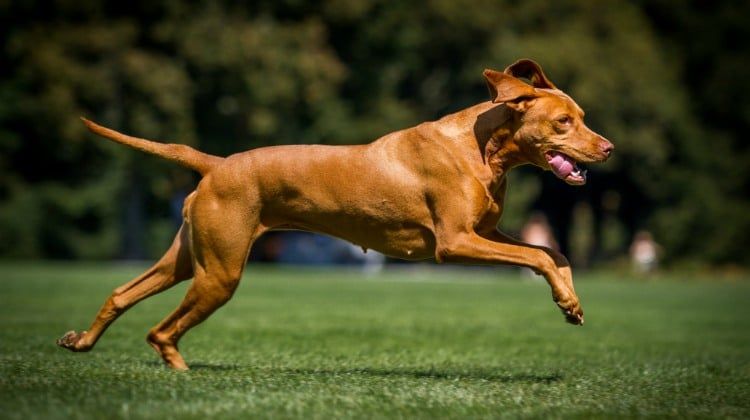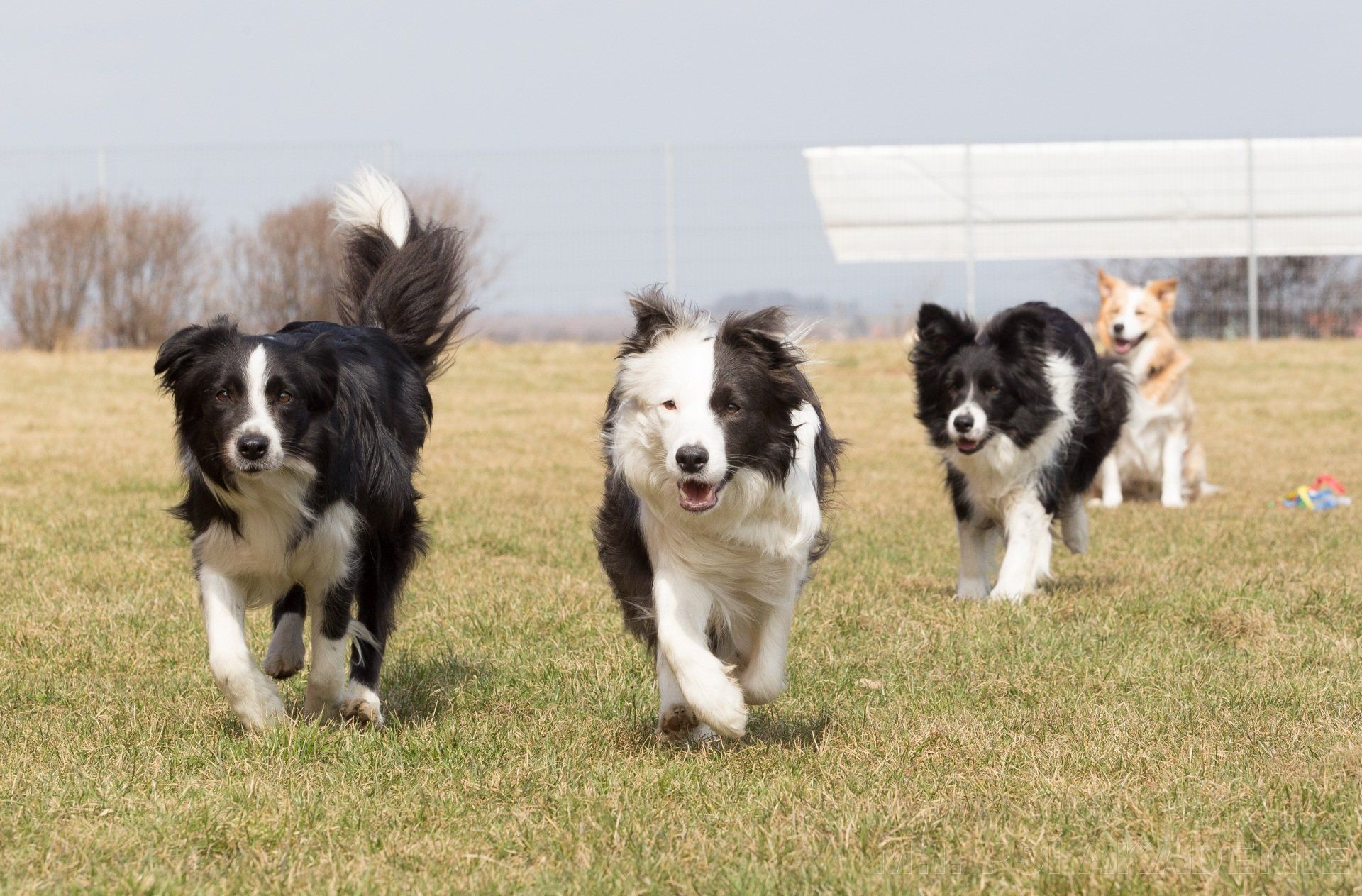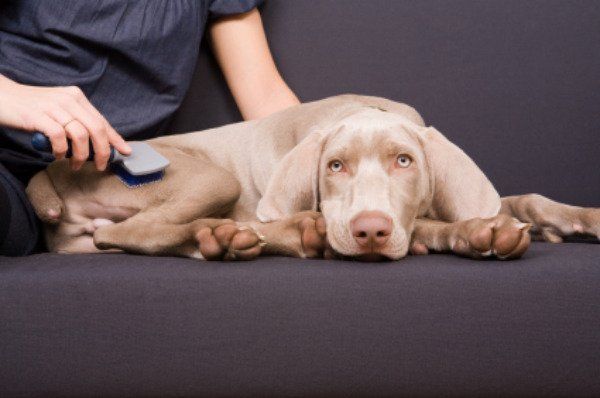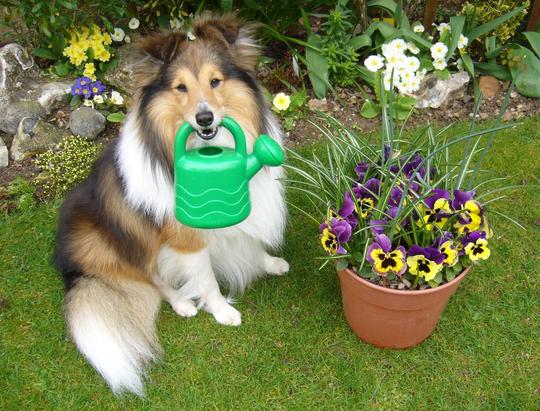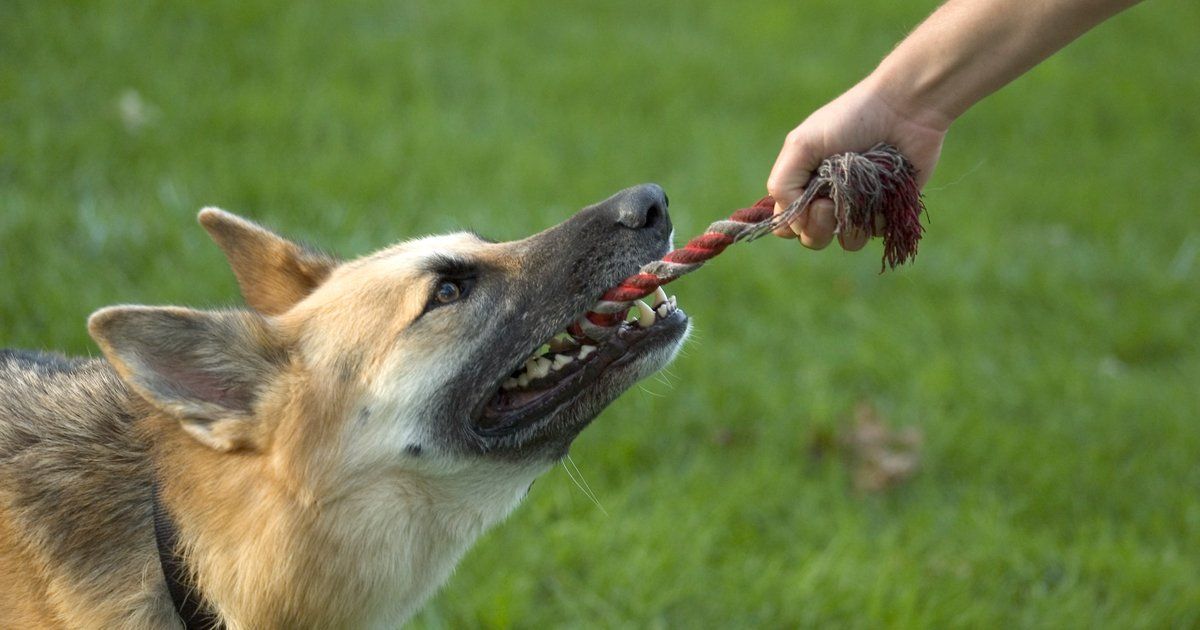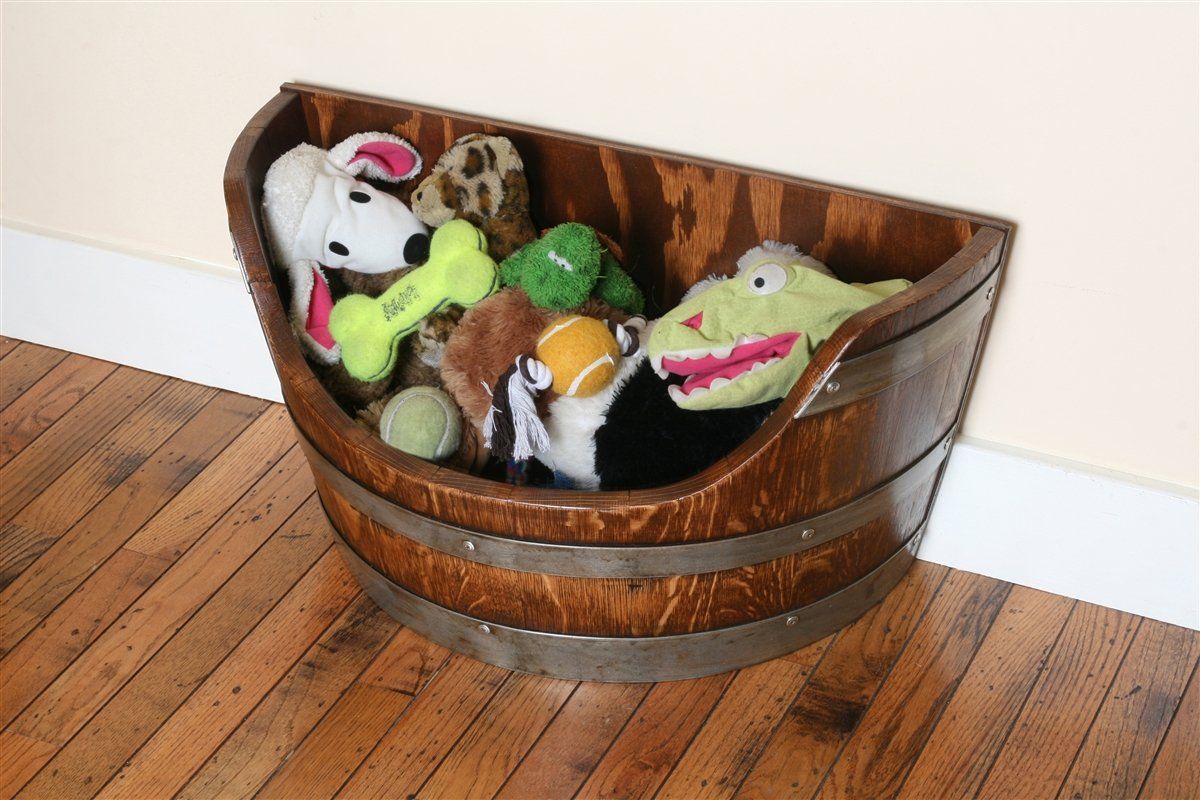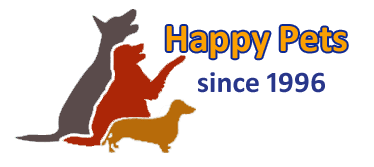Importance of Socialization
Growing up
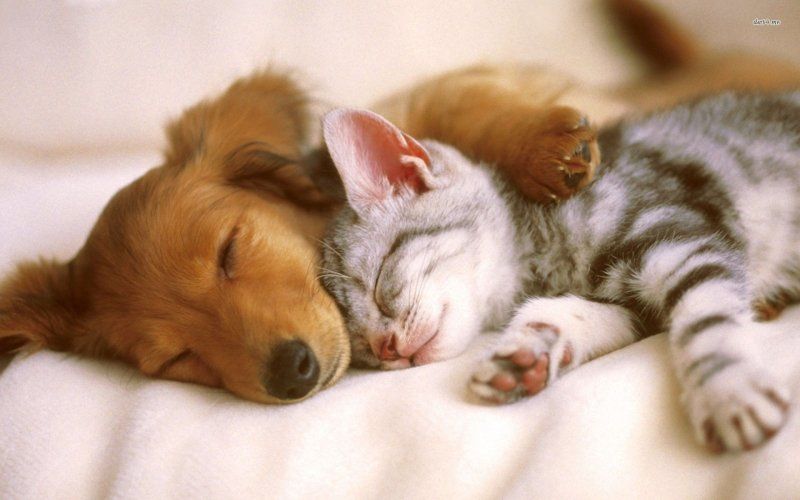
Socializing is one of the most important things to do with any dog. It will help the dog feel more comfortable in many varied situations, with more added elements, without feeling overwhelmed.
Why
A poorly socialized puppy will possibly develop into an adult dog with fear or phobias, anxiety, frustration problems, and/or aggression towards other people, dogs, and other animals.
When we talk about socialization, we don't mean just other puppies and dogs. It is important to socialize your dog with all aspects of our lives, and more.
That's why some dogs have a problem with washing machines, hoovers, people with top hats, umbrellas, cars and bicycles, bearded men, long coats, etc. These puppies have probably never encountered these "things" and will have something to say about it.
A poorly socialized puppy can often be very unhappy and become difficult to live with. Eventually making these issues only possible to overcome, with a lot of training and hard work.
When
The most important time to socialize your puppy is up to 12 weeks of age. At this point, their little brains are like sponges that take in everything, good and bad. Therefore, make sure all intereactions are positive ones, and try to work around certain aspects you might not be able to control - eg. your puppy interacting with a dog that you had perceived as being aggressive.
Try different times of the day as different people are about and different days of the week/weekend.
What
Anything you can think of:
- Dogs - as many different breeds as possible, different ages, male and female;
- Children - loud high pitch voices and screams, sticky fingers and using this opportunity to educate the child as well;
- Clothing - All sorts of clothes you can think of that might be different. Long coats, hats, beannies, caps, sunglasses, high heels, shorts and trousers, wide puffy jackets, etc.;
- People - different age groups, ethnicities, beards, moustaches, long and short hair, high pitch and deep voices, etc.;
- Objects - umbrellas, plastic bags, bin bags, skateboards, bicycles, street signs, park benches, etc.;
- Surfaces - different surfaces, higher off the ground, grassy, rocky, sandy, metallic, wet, etc.;
- Other species - cats, guinea pigs, rabbits, horses, cows, etc.;
- Equipment - putting on a harness and collar, having the lead on;
- Sounds - door bell, someone knocking on the door, hoover, washing machine, dish washer, phone ringing, alarms, etc.
- Locations - The lush green park, the sandy beach by the sea, the crowded city market, the local pubs, the car, the vet's waiting room, etc.
How
Just be careful that your puppy is making good associations. Take food with you at all times and feed as interesting things are happening or about to happen. If you feel like your puppy is feeling overwhelmed, do not force him. It's up to him to say when he's had enough.
My dog is older now
If your dog is now older than 12 weeks and is showing signs of being fearful of certain things, there's plenty of work that can be done still. So get in touch with us, and we'll help you out.
Happy training!
